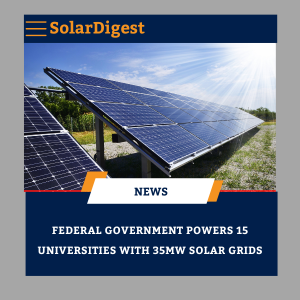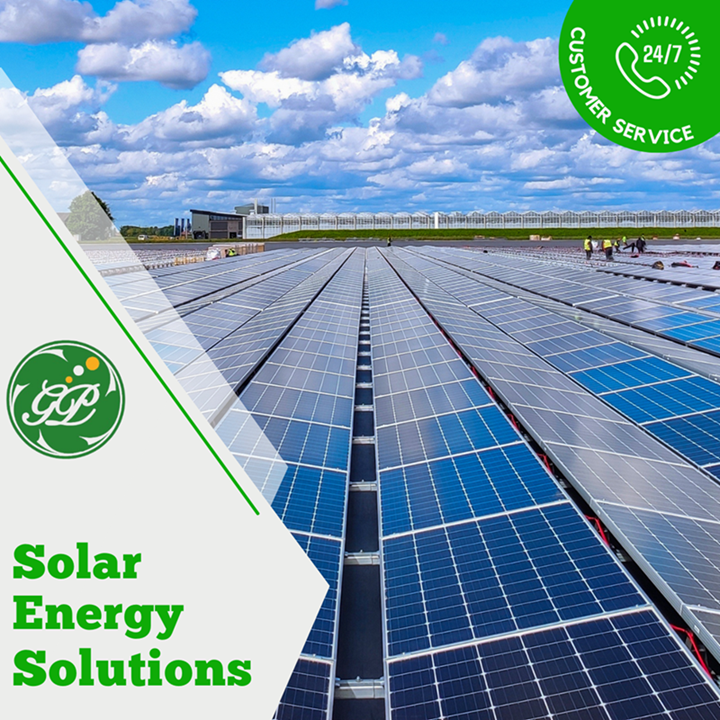
The Federal Government has recently announced that it has installed hybrid solar grids with a combined capacity of 35.5 megawatts in 15 federal universities and teaching hospitals. This initiative, disclosed by Abba Aliyu, the Chief Executive Officer and Managing Director of the Rural Electrification Agency, aims to provide 24-hour electricity to 350,000 students and ensure access to electricity for 50,000 lecturers. The project, known as the Nigeria Electrification Project, is funded by the World Bank and the African Development Bank, with a total investment of $550 million. One of the universities benefiting from this initiative is the University of Maiduguri, where a 12MW solar grids has been installed.
Several academic institutions, including the University of Abuja, Federal University of Yobe, Federal University of Calabar and its teaching hospital, Nigerian Defence Academy, Federal University of Agriculture in Abeokuta, and Michael Okpara University of Agriculture in Umudike, are set to have energy projects launched within the next two months. The Minister of Power, Adebayo Adelabu, will oversee the launch of these projects. These projects are currently being carried out at several universities, including the University of Port Harcourt, the University of Uyo, the Federal University of Technology in Owerri and Akure, the Federal University in Lafia, Modibbo Adama University in Yola, and the Federal University in Lokoja.
The University of Maiduguri’s ongoing 12MW project is set to power the entire university, the teaching hospital, and the water treatment plant in Borno State. This initiative is expected to benefit 350,000 students and 50,000 lecturers with round-the-clock electricity. Additionally, the Rural Electrification Agency (REA) has deployed over 150 mini grids across the country, with 100 50-kilowatt containerized mini grids in approximately 100 health institutions. Furthermore, the agency plans to launch a 1MW interconnected mini grid to serve 6,000 households in Ondo State. Responding to concerns about the geographical distribution of their projects, the REA emphasized the need to scale up interventions to address the issue effectively. President Bola Tinubu’s approval of a $750 million World Bank loan for the construction of 1,200 mini grids in rural communities is a significant step towards achieving distributed access through a renewable energy scale-up project, aimed at providing energy access to Nigerians in rural communities.



